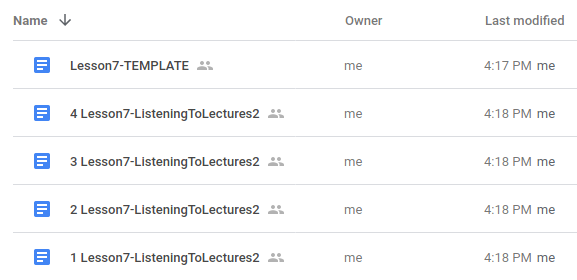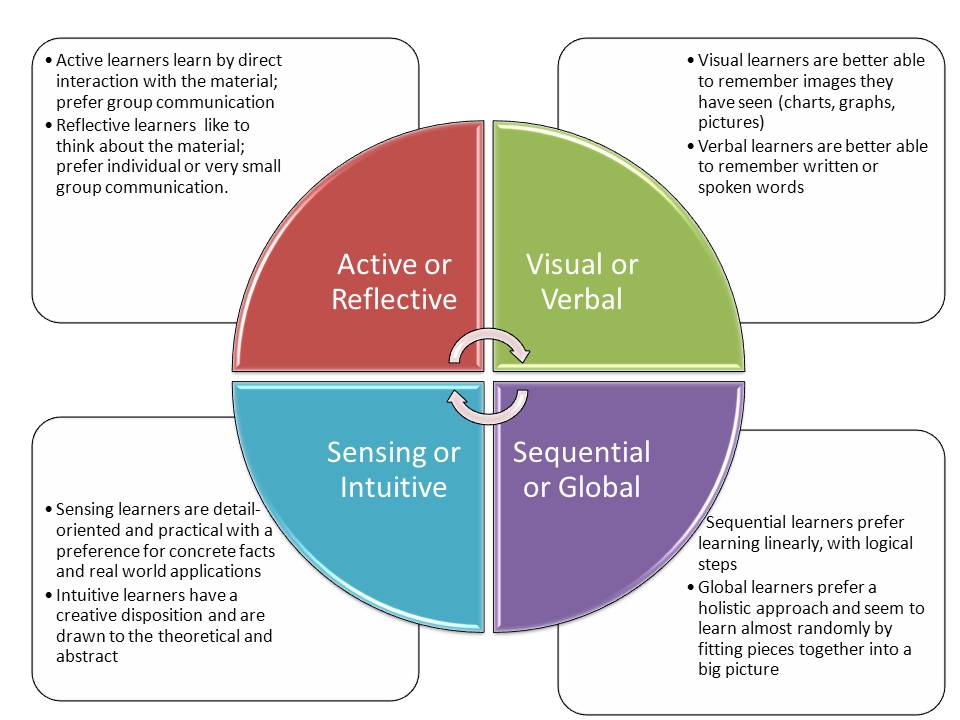Since the COVID-19 lock-downs the ELT industry appears to be equating emergency remote teaching (ERT) with distance education. This is highly problematic. ERT was a stop-gap measure, the best that teachers could pull together in a very short time with few resources & little or no knowledge of distance education. They rose to the occasion,… Continue reading It’s Time to Move on from Emergency Remote Teaching
Category: Learning
Improving the quality of teaching
Who’d have thought it? According to a research review (Kini & Podolsky, 2016), students’ academic performance & attendance correlate with their teachers’ years of teaching experience. The effects are strongest within the first 2-3 years of experience, increase substantially in the following 7-8 years, & continue to increase significantly after that. The effect is particularly… Continue reading Improving the quality of teaching
Why do so many students drop out from online courses?
In the transition from presential face-to-face English language learning environments to online, it is not unusual for academies & other providers to experience low rates of student participation & high rates of student drop-out. Why is this & what can be done about it? In the following article, I’ll address some common issues & recommend… Continue reading Why do so many students drop out from online courses?
Reciprocal Reading: Process-oriented reading instruction
Reciprocal reading is a process-oriented classroom activity which divides & distributes critical reading responsibilities across four learners in an intensive critical reading group. It is particularly suitable for Trinity ISE & Cambridge B1 Preliminary, B2 First, & C1 Advanced reading instruction. It is also easily adaptable for online language learning courses, for example in discussion… Continue reading Reciprocal Reading: Process-oriented reading instruction
Online is already flipped: Transforming the flipped classroom with online learning
The idea of flipping the classroom has gained a lot of popularity in the press & among proponents in recent years. In principle, the “flipped” classroom is no different to traditional homework tasks of assigning readings before the next class: The teacher gives learners an assignment, a reading, a video to watch, &/or exercises to… Continue reading Online is already flipped: Transforming the flipped classroom with online learning
Online ELT & CALL activities in Moodle
Great news! For those of us who use Moodle to create online English language learning/teaching (ELL/ELT) activities & courses, things just got better. Previously, I’ve held off from writing about H5P because, although it is very useful & has great potential, I found the Moodle integration problematic & difficult to manage, but with the latest Moodle upgrades I think that we can take online ELL/ELT to a whole new level.
Monitoring & supporting students during online synchronous lessons
Introduction In this article, I have a suggestion for ways to improve the quality of English language teaching (ELT) via webinar apps, e.g. BigBlueButton, Blackboard Collaborate, Adobe Connect, Cisco WebEx, or Zoom, while making minimal changes to learning & teaching as they are currently being practised as emergency remote teaching due to the COVID-19 pandemic… Continue reading Monitoring & supporting students during online synchronous lessons
Learning Styles, Mindsets, and Adaptive Strategies
Do learning styles promote learning? Are they helpful for learners at the various stages/levels of their development of understanding in their subject areas? Should learners use learning styles psychometric tests to determine how they should view their study habits and how they approach studying? In this article, I argue that far from being helpful, the… Continue reading Learning Styles, Mindsets, and Adaptive Strategies
Online Cognitive Apprenticeship
A Cognitive Apprenticeship Approach to Student and Faculty Online Learning and Teaching Development: Enculturing Novices into Online Practitioner Environments and Cultures in Higher Education In a previous article, How prepared are learners for elearning? I wrote about the difficulties in identifying if learners are “ready” to study online and some suggestions for possible ways to identify… Continue reading Online Cognitive Apprenticeship
How prepared are learners for elearning?
What makes a learner ready to study online? How do they know? How do they find out? In an attempt to address the issue of the higher student attrition (drop-out) rates in distance education (DE) and elearning than in face-to-face classes, it’s becoming more common for educational organisations to try to evaluate learners’ to find… Continue reading How prepared are learners for elearning?






